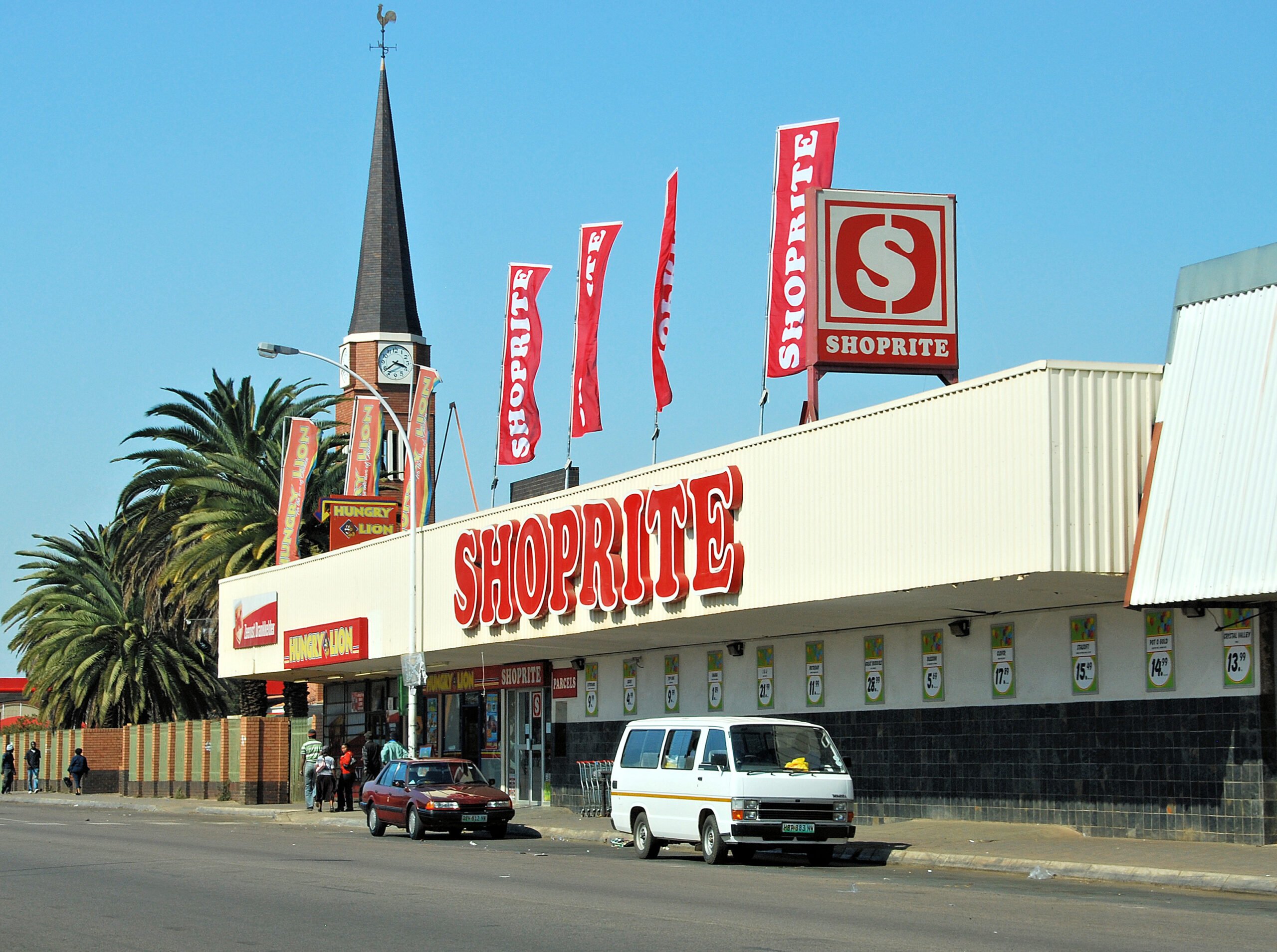Shoprite Holdings, South Africa’s largest grocery retailer, has exited Ghana and Malawi. This move marks their seventh withdrawal from African markets, signalling a strategic shift towards focusing on their core South African operations.
The retailer’s decision reflects the challenges many South African retailers face when expanding into other African markets. Years of losses and difficult trading conditions have prompted a strategic reset for Shoprite.
Shoprite’s exits from Nigeria, Kenya, the Democratic Republic of Congo, Uganda, and Madagascar preceded this latest move. The company plans to sell its five stores in Malawi to Karson Investment Trust. They have also received a binding offer for their seven stores and warehouse in Ghana.
The Malawi transaction, signed on June 6, is subject to regulatory approval. These include approvals from the Competition and Fair Trading Commission and the Reserve Bank of Malawi. Shoprite described the sale of its Ghanaian assets as “highly probable,” having secured a serious bid from an undisclosed buyer.
Headwinds in African Markets
Shoprite’s initial expansion into Africa was driven by optimism. However, the company has faced significant headwinds. These include: Currency depreciation, soaring inflation, high operational costs due to dollar-based leases and import duties
These factors have squeezed profitability, leading to the decision to consolidate their African footprint.
Other South African companies have experienced similar challenges. Massmart, majority-owned by Walmart, has also been systematically exiting East and West Africa. Their Game stores closed in Kenya, Uganda, and Tanzania, with withdrawals from Nigeria and Ghana. Builders Warehouse also closed its sole store in Nairobi, Kenya, after less than three years.
Massmart cited currency volatility, supply chain disruptions, and the difficulty of localising products as key reasons for their struggles. Pick’n’ Pay withdrew from the Nigerian market in October 2024, selling its stake in a joint venture. Tiger Brands previously sold its stake in its Kenyan venture, Haco Industries. They cited the difficulty of aligning with their core brand-ownership model.
This collective retreat marks a strategic shift for many South African businesses. The initial ambition of a wide-ranging pan-African presence has given way to a pragmatic, risk-managed approach. Companies are focusing on domestic growth and a select few markets where they can maintain tighter control and profitability.
Shoprite’s emphasis remains on growing its core business in South Africa. In its latest trading update, Shoprite expects headline earnings per share (HEPS) from continuing operations to rise between 9.4% and 19.4% for the 52 weeks ended 29 June 2025. This is compared to a restated 11.85 rand per share in the previous year. The company anticipates group sales from continuing operations to grow by 8.9%, reaching 252.7 billion rand (approximately USD 14 billion).
Analysts say the Ghana and Malawi divestments reaffirm the group’s intent to protect margins and concentrate on profitability rather than geographic spread. The challenges of high inflation, volatile exchange rates, and complex local regulations have proven too great to overcome. This has led these companies to conclude that the grass is no longer greener outside of South Africa.
Get passive updates on African tech & startups
View and choose the stories to interact with on our WhatsApp Channel
ExploreLast updated: August 6, 2025





